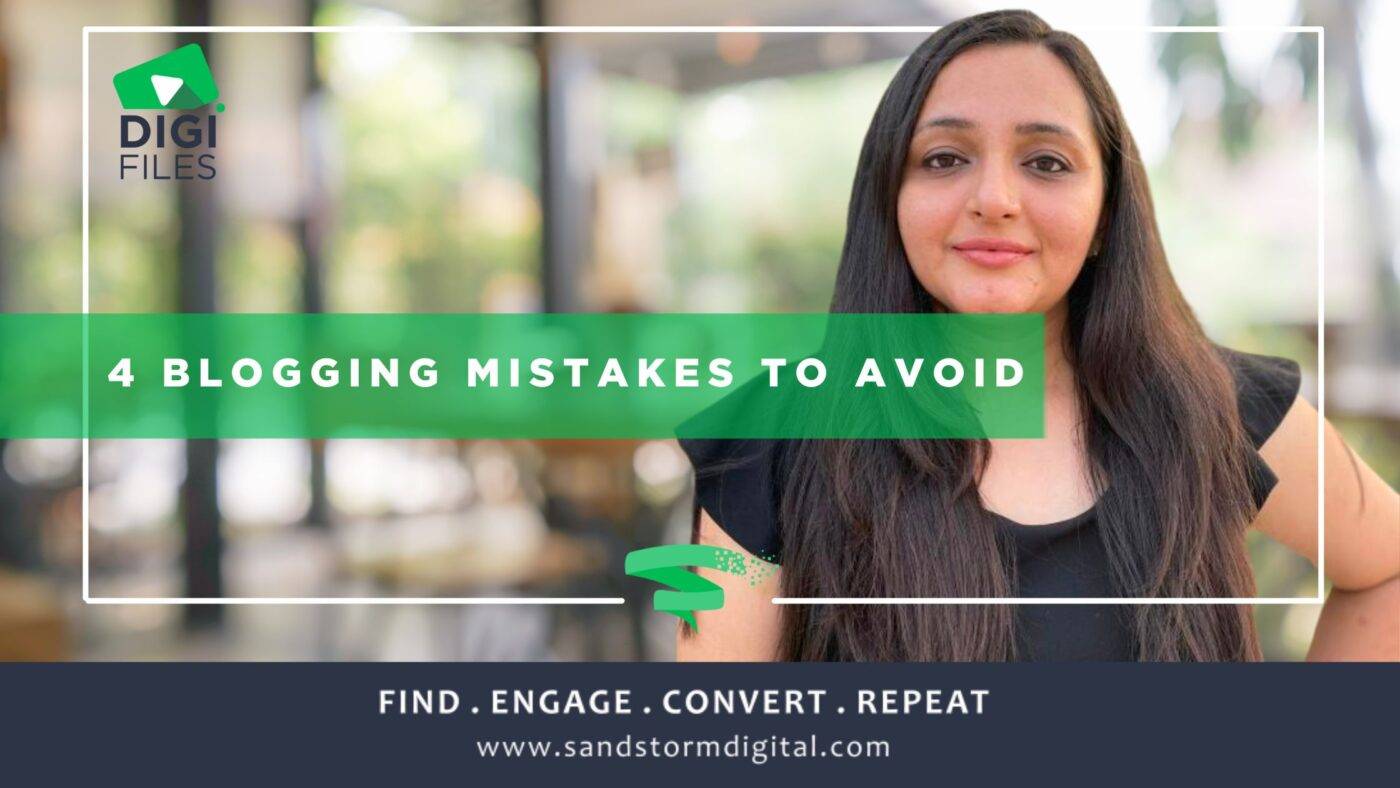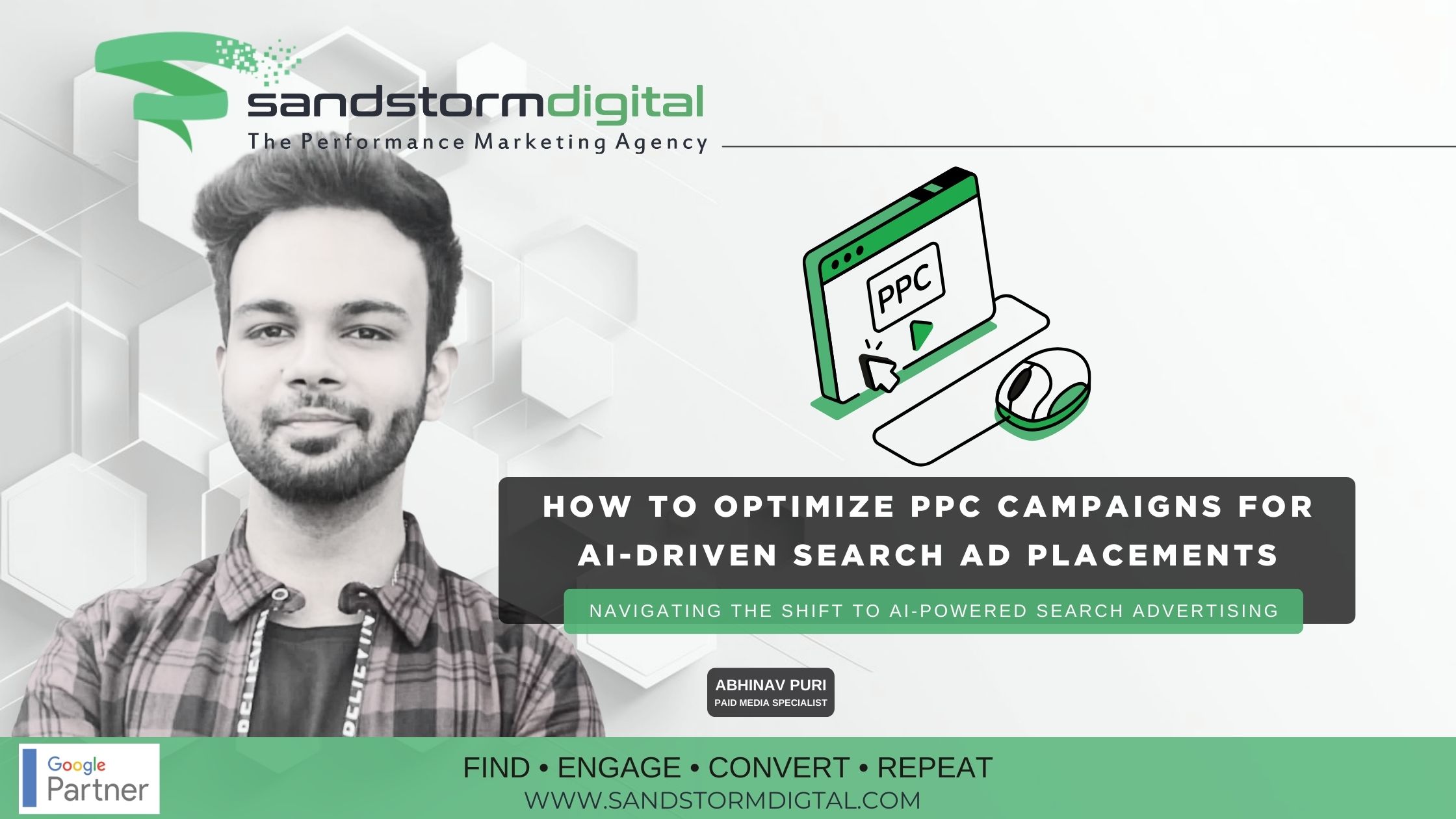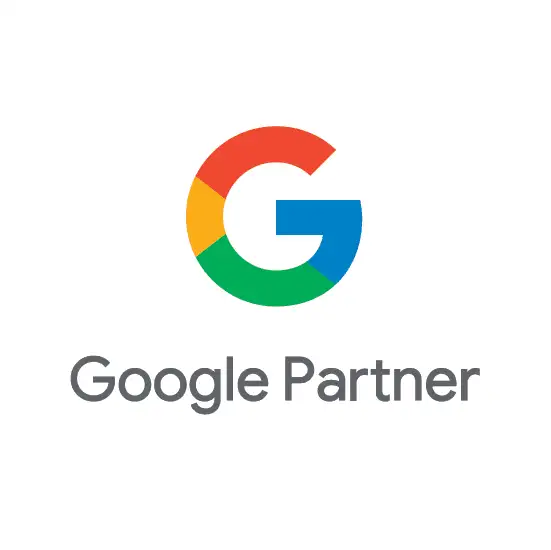Off-page SEO, also known as external SEO, refers to the optimization of your brand’s online presence beyond your website. The goal of off-page SEO is to improve your brand’s visibility, credibility, and authority in the eyes of search engines and your target audience. In this blog. we’ll cover 9 off-page SEO tips that can help boost your brand’s online presence.
- Build High-Quality Backlinks: Backlinks are links from other websites that point to your website. Google considers backlinks as one of the most important factors in ranking websites. To build high-quality backlinks, focus on creating great content that other websites would want to link to. Reach out to websites in your niche and request a link to your website if your content is relevant to their audience. Suggested reading: 4 SEO Link Best Practices According To Google
- Guest Blogging: Guest blogging involves writing articles for other websites in your industry and including a link back to your website. It’s an excellent way to get exposure for your brand and build backlinks. Find websites that accept guest posts and pitch them an article idea that’s relevant to their audience. Suggested reading: Use Guest Blogging To Boost Traffic
- Social Media Marketing: Social media is an important part of off-page SEO. By creating a strong social media presence, you can increase brand awareness, engage with your audience, and drive traffic to your website. Make sure to create social media accounts on all the major platforms and post regularly. Suggested reading: 4 Ways To Improve Your Ranking With Social Media
- Influencer Marketing: Influencer marketing involves partnering with influential people in your industry to promote your brand. Influencers have large followings on social media and can help you reach a wider audience. Find influencers in your industry and reach out to them with a partnership proposal. Suggested reading: 3 Free Ways to Use Influencer Marketing to Grow Your Business
- Online Directories: Online directories are websites that list businesses by category. By listing your business in online directories, you can improve your online visibility and drive traffic to your website. Make sure to list your business in reputable directories such as Yelp and Google My Business.
- Forum Marketing: Forums are online communities where people discuss various topics related to your industry. By participating in forums, you can build relationships with your target audience and establish yourself as an authority in your niche. Find forums related to your industry and participate in discussions.
- Content Marketing: Content marketing involves creating high-quality content that’s useful to your target audience. By creating valuable content, you can attract links from other websites, increase social shares, and drive traffic to your website. Make sure to create content that’s optimized for search engines and share it on social media. Suggested reading: Four Top Benchmarking Tips for Your Content Marketing Strategy
- Video Marketing: Video marketing involves creating videos that promote your brand. By creating videos that are interesting and informative, you can increase engagement with your audience and drive traffic to your website. Post your videos on YouTube and other video-sharing platforms. Suggested Reading: 5 Ways to Optimize Your Video Content
- Local SEO: Local SEO involves optimizing your website for local search results. By optimizing your website for local search, you can improve your online visibility in your local area and drive more traffic to your website. Make sure to include your location in your website’s content and create local listings in directories such as Google My Business. Suggested Reading: 9 Local SEO Mistakes to Avoid With Your Local Business’s Website
There is no doubt, that off-page SEO is a crucial part of your brand’s online presence. By implementing the above tips, you can improve your brand’s visibility, credibility, and authority in the eyes of search engines and your target audience. Remember to focus on creating high-quality content and building relationships with your audience, and the rest will follow.











